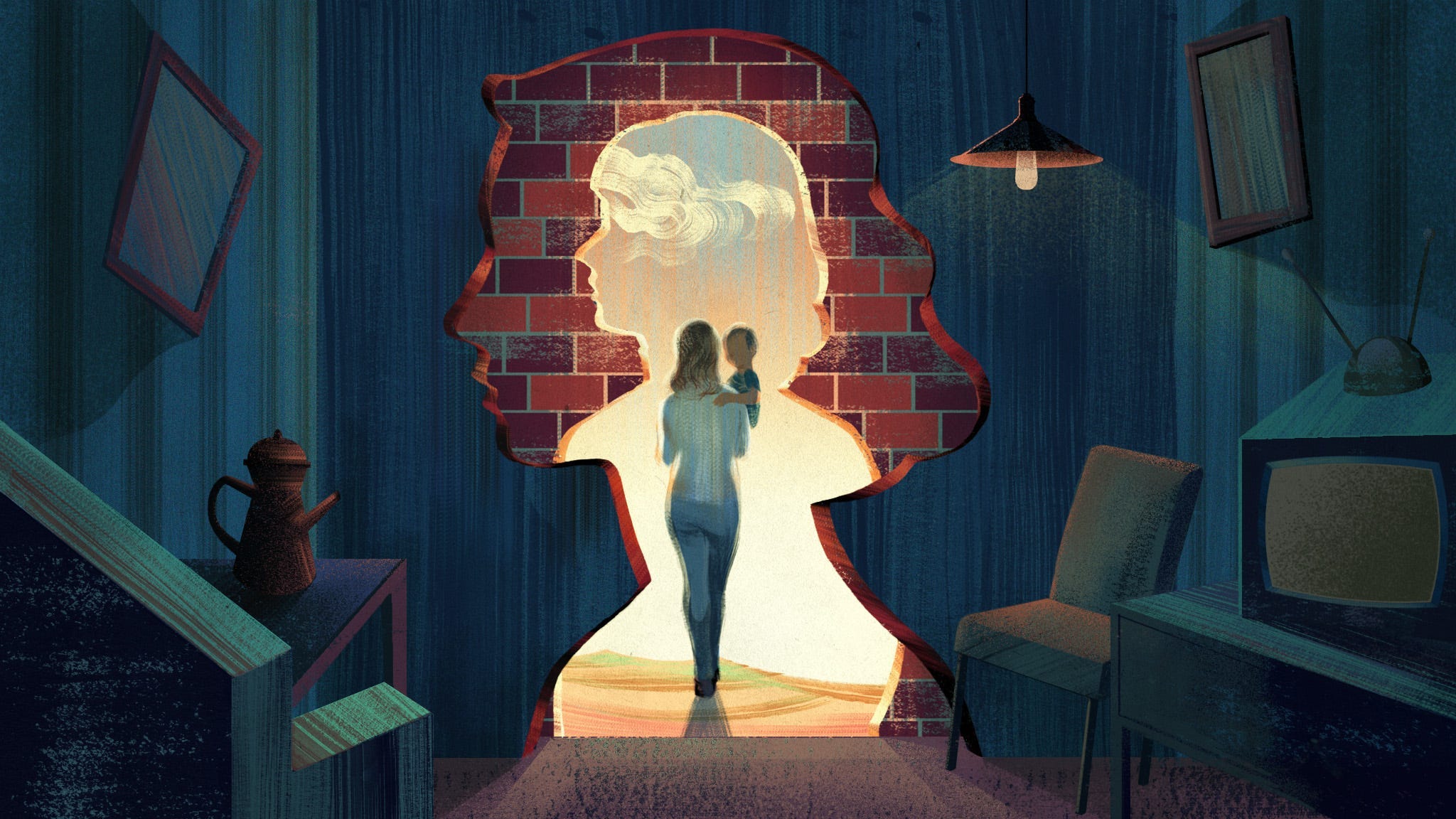I Walked Barefoot Across the Middle East, Searching for Answers
After giving her baby up for adoption when she was 16, a young woman sets out on a reckless trip, losing more and more of herself along the way—until she finally finds something resembling hope.
I read most of this piece with my jaw agape — literally. I could not believe what the author had been through, what she was subjecting herself to, how far she kept going. This incredible story is the latest in our Creative Nonfiction Classics series, in which we’re republishing classic pieces from the Creative Nonfiction archive. This one is also included in the new book, Creative Nonfiction: The Final Issue, a collection of the finest work from the magazine’s 78 issues. The rawness, the stillness and the essential humanness of this essay — which Hall later expanded into a New York Times bestselling book — has stayed with me since. I hope you enjoy reading it as much as I did! —Jesse Sposato, executive editor


